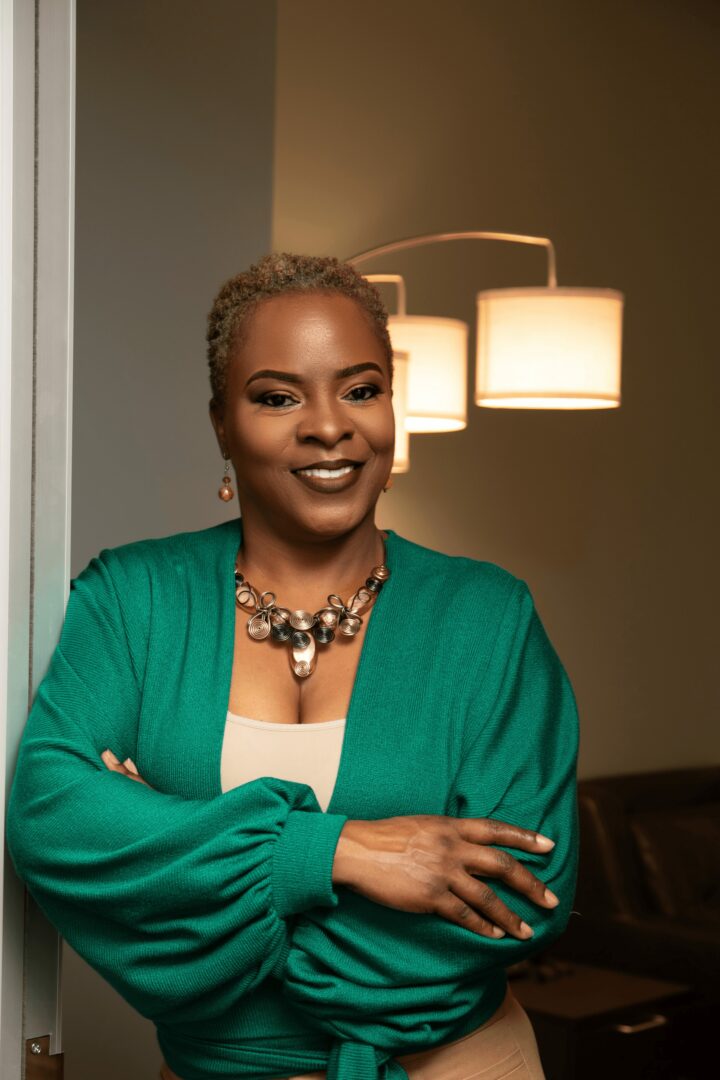We caught up with the brilliant and insightful Lori Scott a few weeks ago and have shared our conversation below.
Lori, so good to have you with us today. We’ve always been impressed with folks who have a very clear sense of purpose and so maybe we can jump right in and talk about how you found your purpose?
Back in 2003, I was sitting in my office one day asking myself, “What is my purpose?” At the time, I was in a toxic marriage that was about to end and working at a job that I didn’t love. I was a mess. I would love to say that I had an answer immediately after I asked myself the question. Well, I didn’t. In fact, I discovered my purpose about five years later. It was a realization or an epiphany that came after I was fired from another job that I didn’t love. My inner voice spoke to me saying, “Lori, stop running from what you know to do. Go back to school and get your masters degree in counseling.” And, that’s exactly what I did. I am forever grateful that I listened and followed through.
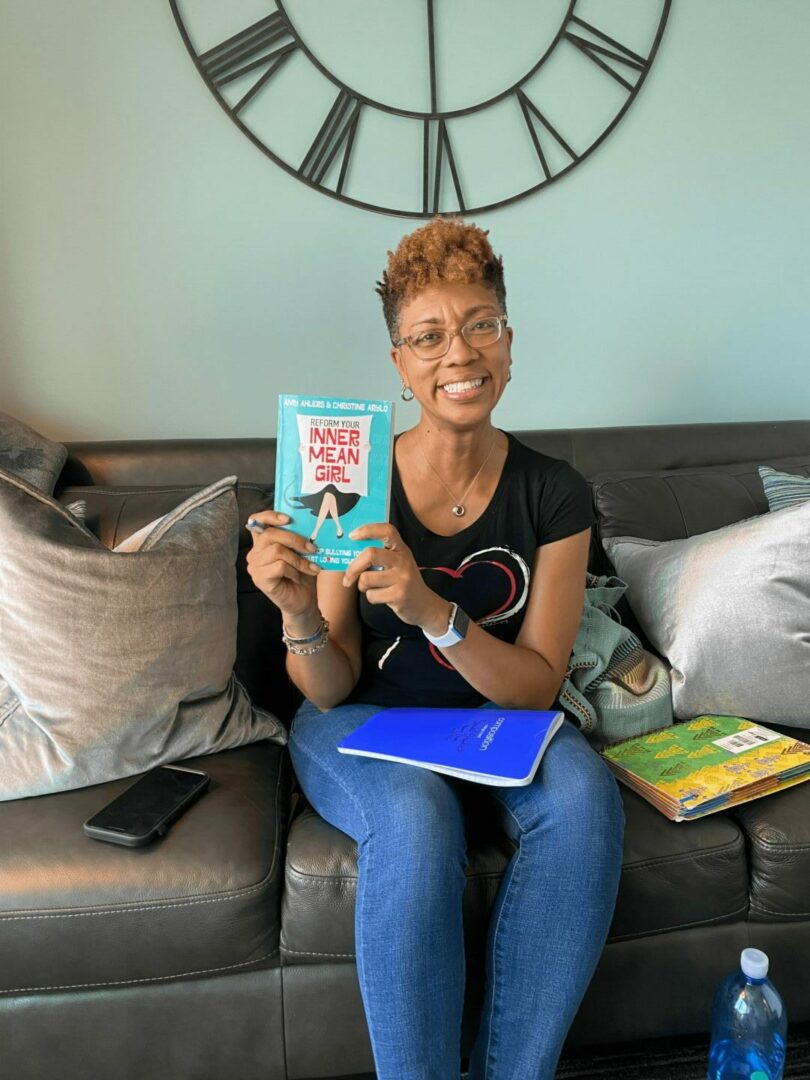
Let’s take a small detour – maybe you can share a bit about yourself before we dive back into some of the other questions we had for you?
I am someone who helps others imagine a life that they would love to live and then I help them live in that world. It’s the most fulfilling experience, ever! As a psychotherapist and transformation coach, I teach clients how to think differently. I help them craft a new narrative for their lives…one that is not saturated with problems and shit that doesn’t serve them. I coach them to speak about what they want instead of what they don’t want. They understand the concept better when I say, “No one goes into a grocery store with a list of things that they don’t want.” Helping clients think, feel, and act in a way that aligns with the life they would love to live is not easy work, but it’s so worth every second.
I am passionate about what I do and I would love to help individuals on a much larger scale. For about two years, I co-hosted a podcast called, “What’s Been Better.” That question is the first thing I ask my clients at the beginning of their second and subsequent sessions. While I’m no longer hosting a podcast, I am open to being a guest just in case a podcaster reading this is interested in having me.
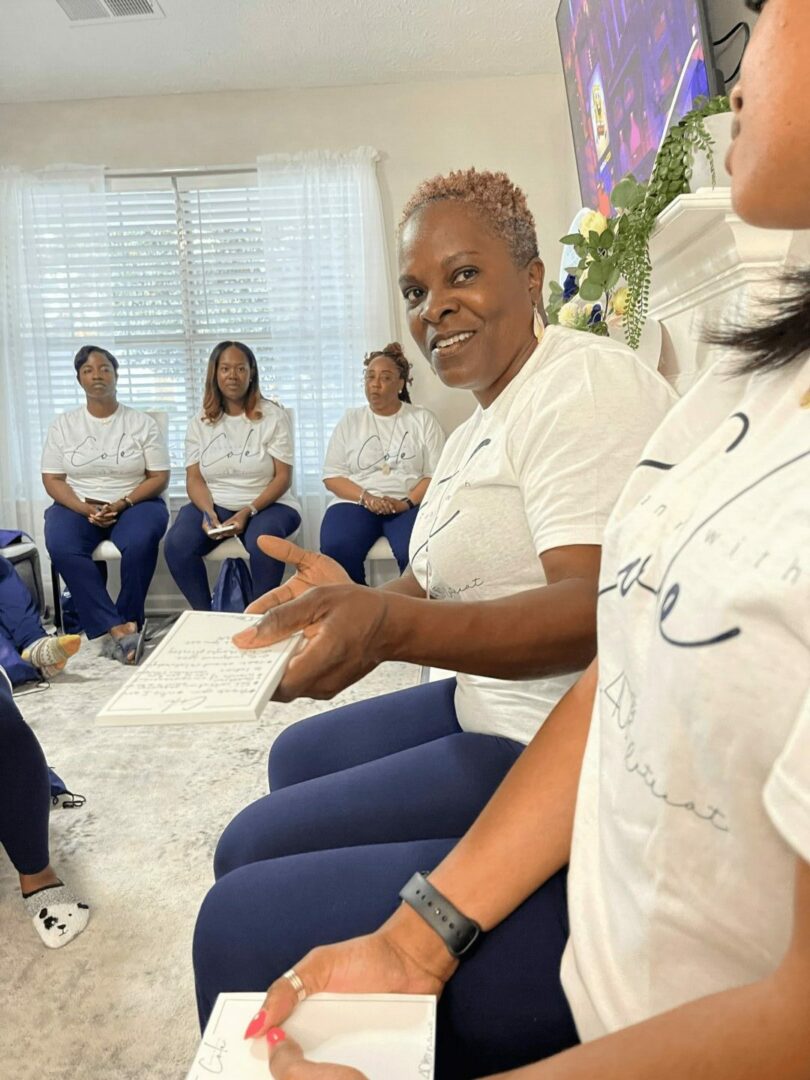
Looking back, what do you think were the three qualities, skills, or areas of knowledge that were most impactful in your journey? What advice do you have for folks who are early in their journey in terms of how they can best develop or improve on these?
What I have found to be most impactful on my life’s journey is cultivating a habit of healthy self-reflection; especially after experiencing a difficult situation. I ask myself what did I learn from the situation; what would I do differently if a similar situation like that happened again; and I avoid judging or being critical of my actions in the situation.
Instead of giving advice, I will only say what I would do. No one really wants to be told what to do anyway.
I ask a lot more questions instead of assuming that I have all the answers. I am definitely more self-compassionate and not so critical of myself. And, I care less (much much less) about what others think about me.
Life has also taught me that you can’t “could’a or should’a.” These words are pointless because they reside in the past. The past doesn’t exist in the now. No one has ever been able to re-do something that has already taken place. To think in such terms invites second guessing, self-judgment, and shame. I realize that words matter. So, could’a, should’a, and even would’a have been removed from my vocabulary.
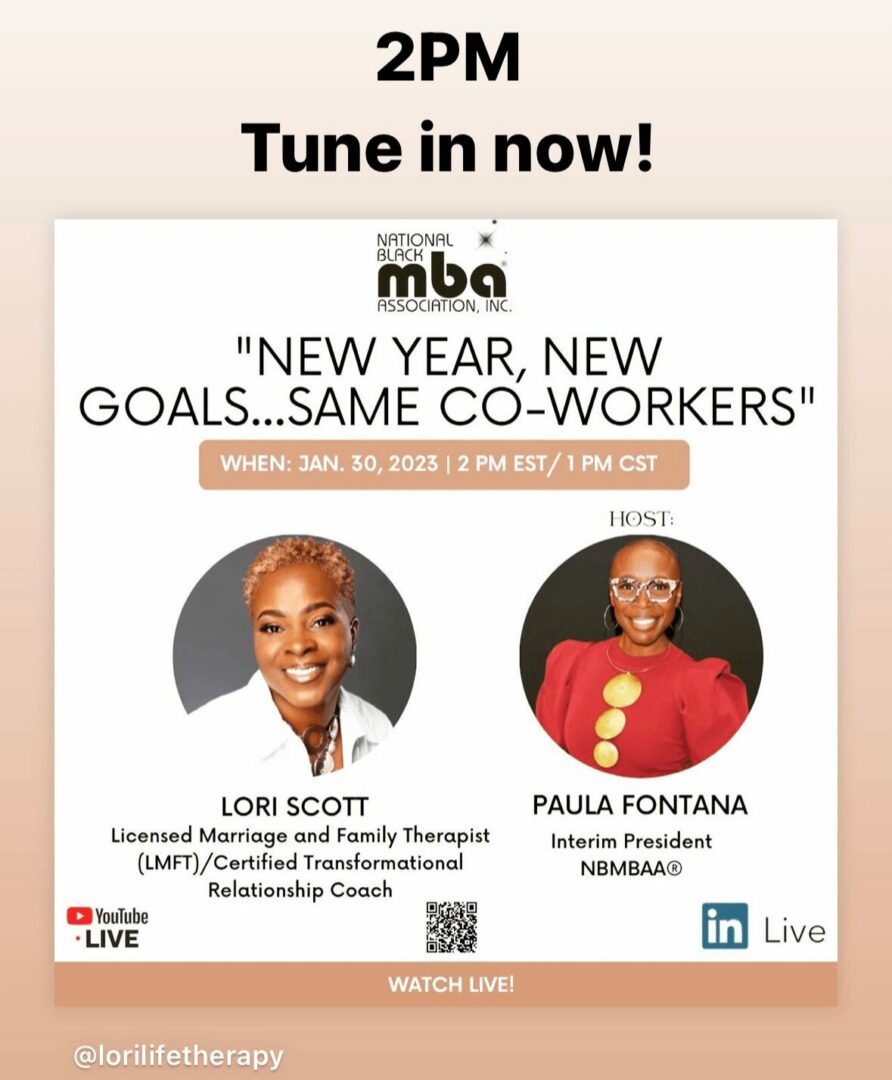
As we end our chat, is there a book you can leave people with that’s been meaningful to you and your development?
There are actually two books that have played a major role in my personal and professional development. The first book is entitled, “The Four Agreements” by Don Miguel Ruiz. I absolutely love this book for its simplisticity and profoundness. This book has helped me speak more positively about myself and others; avoid internalizing what anyone has to say concerning me; stay curious instead of drawing my own conclusions; and do my very best while knowing my best changes daily.
The other book is entitled, “Adult Children of Emotionally Immature Parents” by Lindsay Gibson. This book helped me forgive my parents for what I thought they “should’a” done.😉 It helped me forgive myself for the choices I made as a parent. It also helped me spot emotionally immaturity from a mile away.
While there are many more books that have shaped the way I now move in the world as well as the way I conduct therapy, these two are by far the ones I recommend time after time.
Contact Info:
- Website: https://moveforwardcc.com
- Instagram: @lorilifetherapy
- Facebook: https://facebook.com/lorilifetherapy
- Linkedin: https://linkedin.com/in/lorilmft
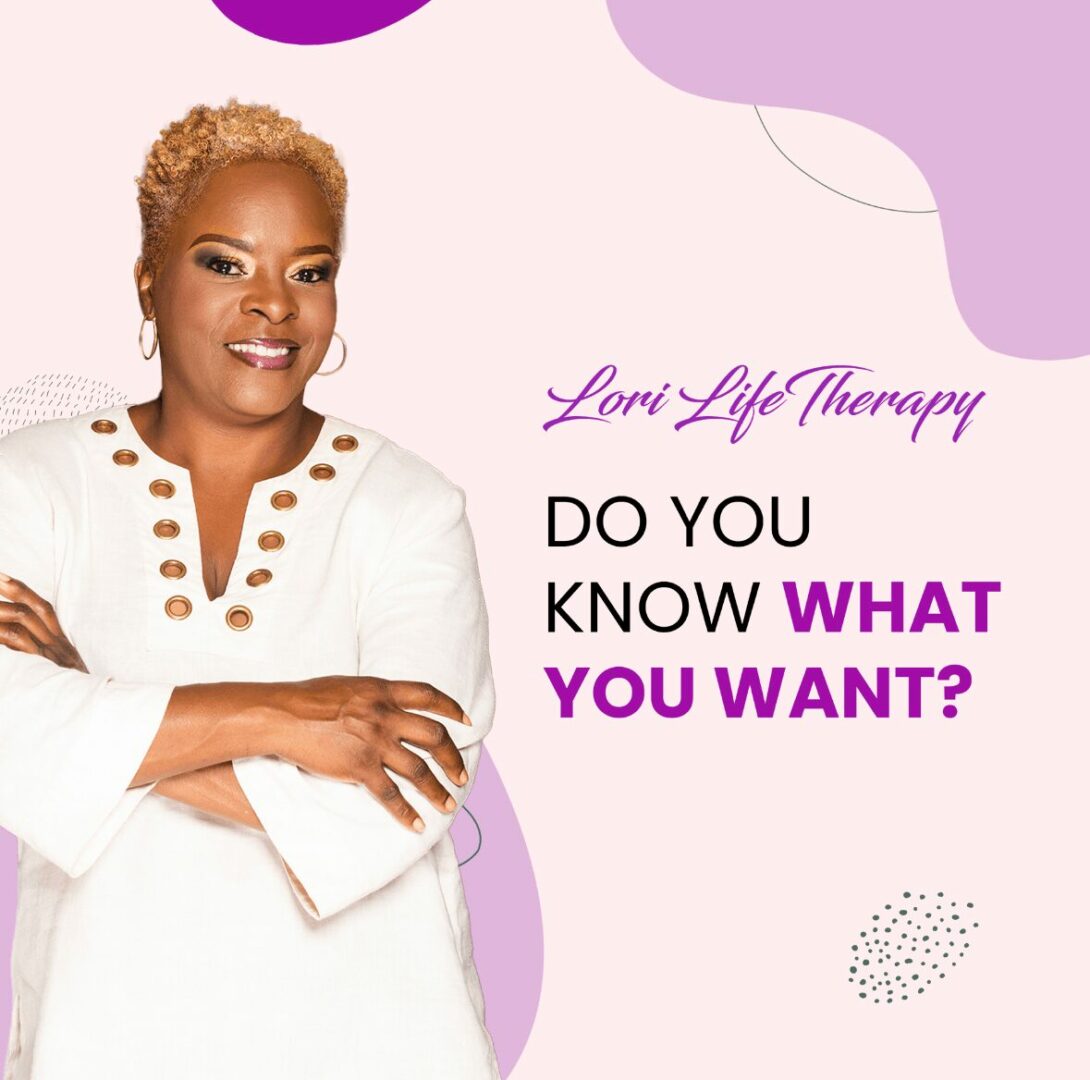
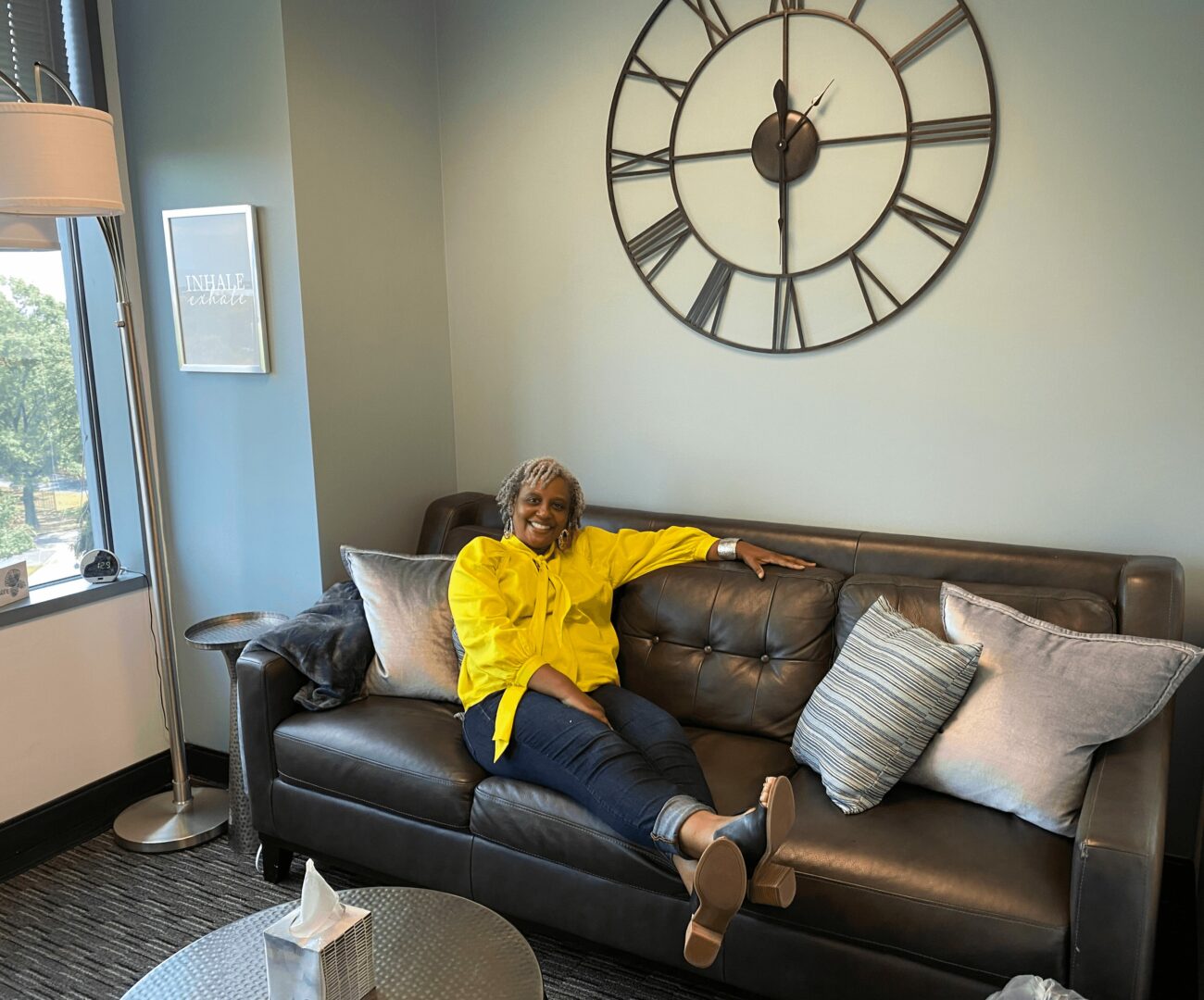
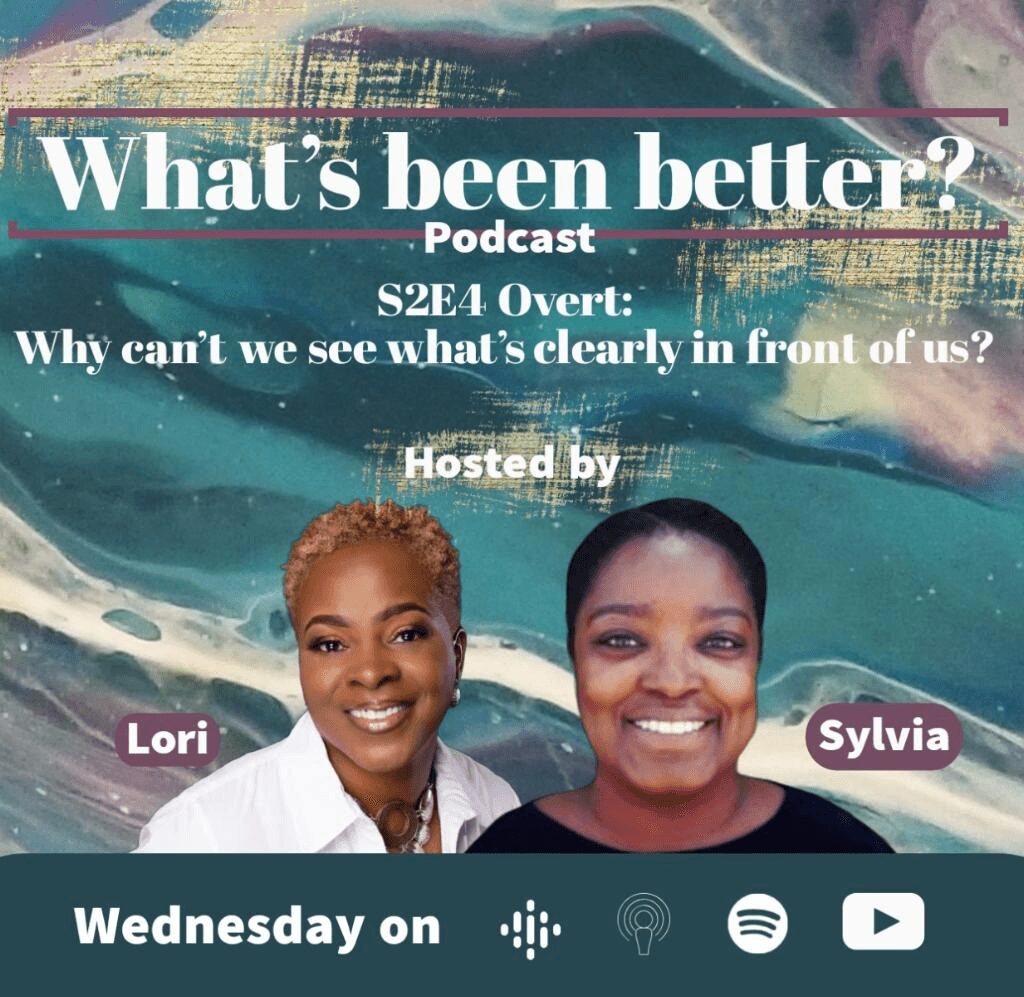
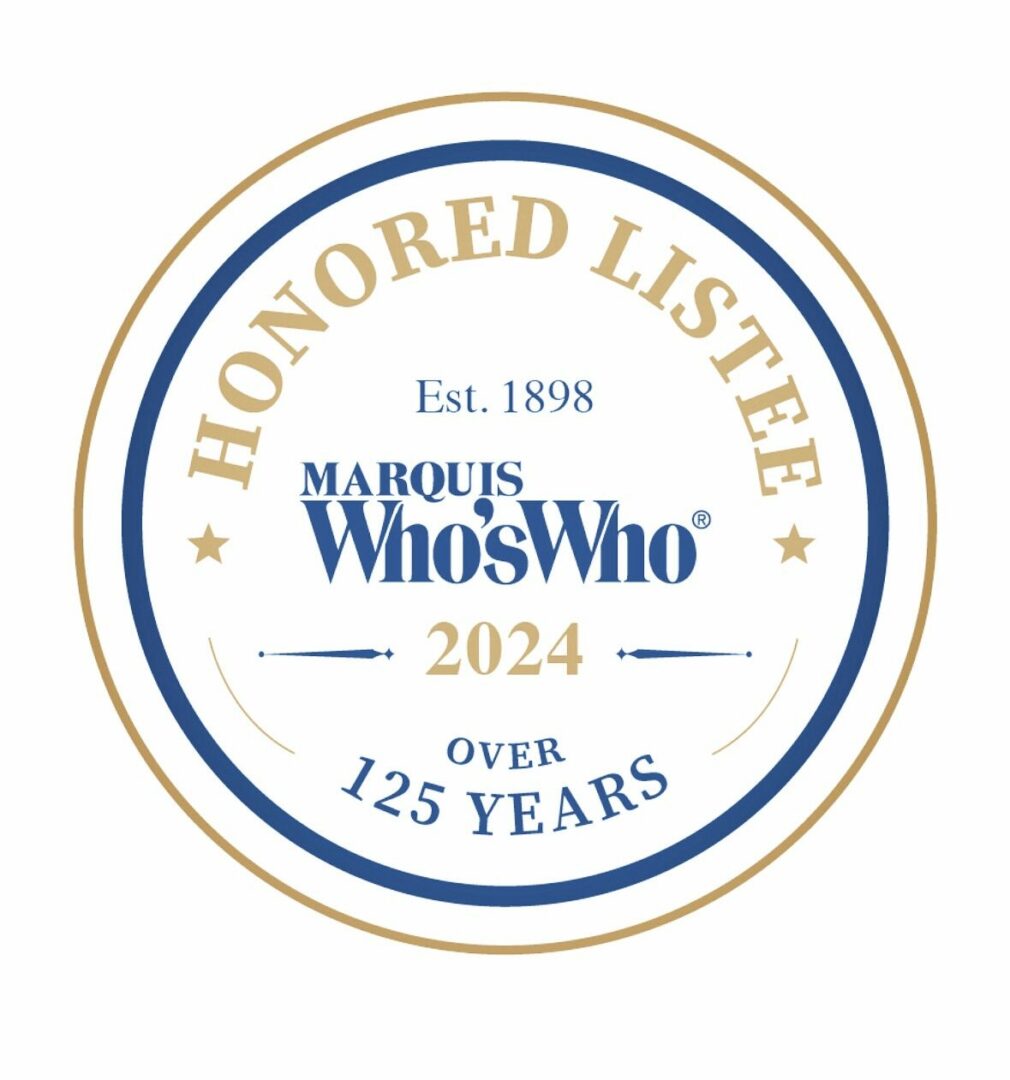
so if you or someone you know deserves recognition please let us know here.

